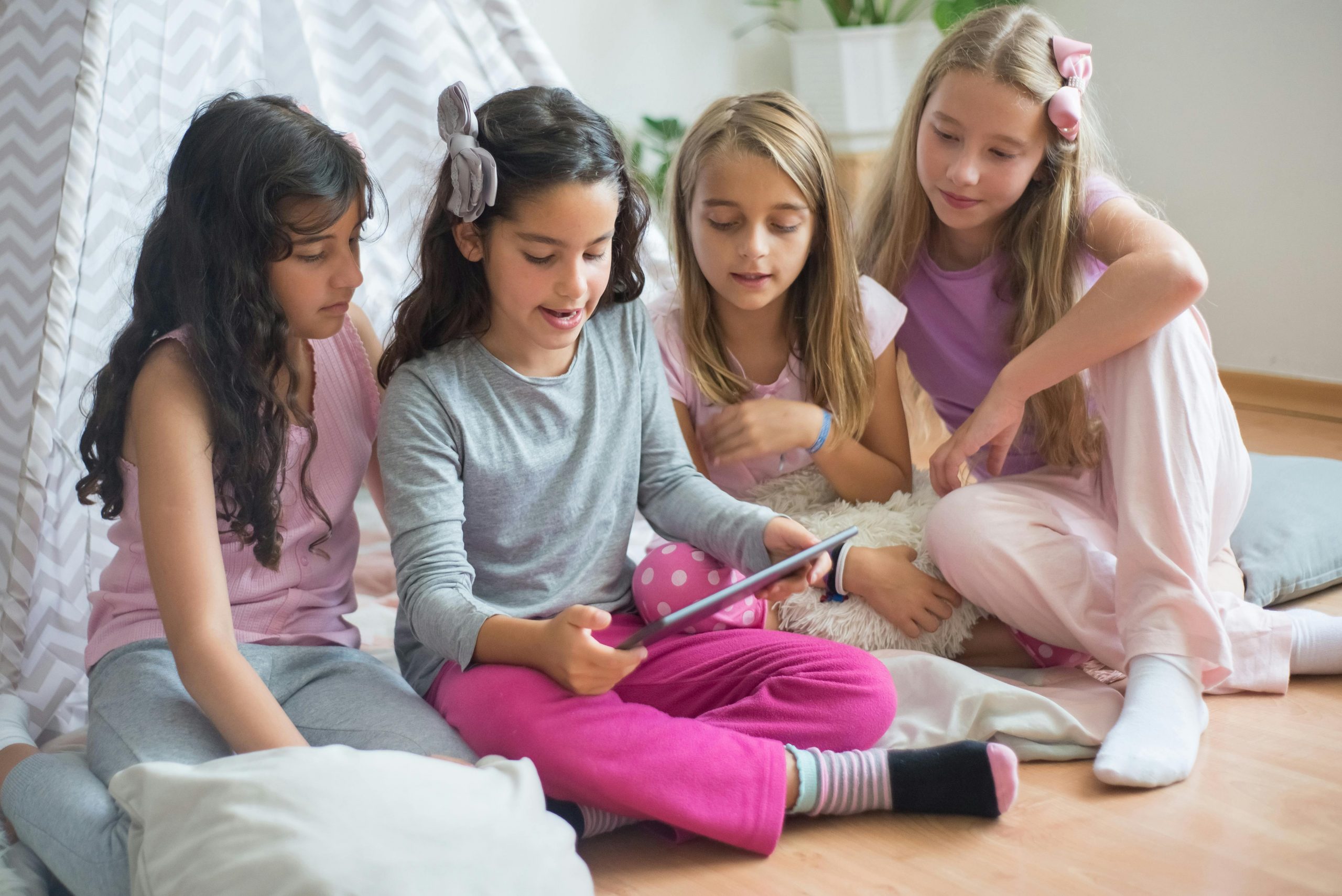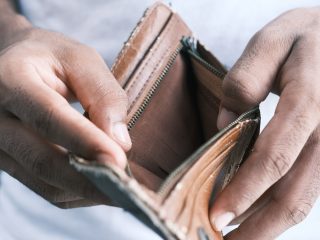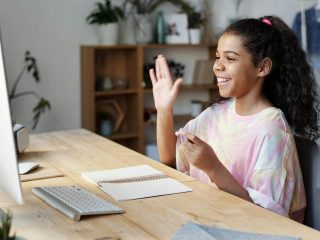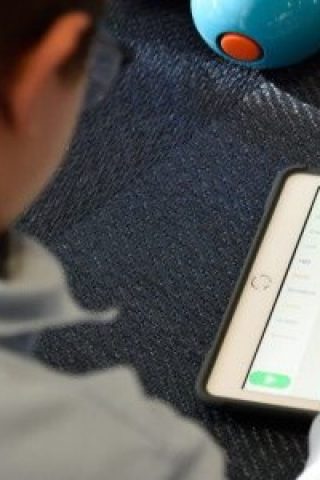Digital learning is for everyone, everywhere.
Digital Literacy
The ability to use and understand digital technologies and information effectively is key to success in many fields of the modern world; ranging from skills like finding, evaluating, creating, and communicating information online, as well as understanding the social and ethical implications of technology – through to software and hardware development, graphic design, audio/video editing, and beyond with artificial intelligence.


Copyright
Copyright is a legal right that protects original creative works, giving creators exclusive control over how their work is used, copied, and distributed for a specific period of time.

E-Safety
A range of advice designed to encourage the safeguarding of young people from online dangers such as; cyber-bullying, inappropriate content, grooming, and privacy breaches.

Fake News
Fake news is false or misleading information claiming to be real news or facts. Fake news often intends to damage the reputation of a person, business, or country and requires critical thinking to spot.
Computing Resources
We offer signposting to resources that may be valuable in supporting both staff and young people when learning about computing and computer science.
Can you learn to code at home today?
Get started with coding games at home today.
Back in the 1980’s, young people were coding up a storm from their bedrooms – from video games to software packages. Does that mean the boom is over? No!
You can begin coding games at home today, using free software and free guides. You don’t need a top-tier PC to get started; any Windows (10+) or MacOS (Monterey+) laptop or computer with at least 4GB of RAM will suffice.
Starting younger? You can have a lot of fun creating simple games and stories with Scratch.
